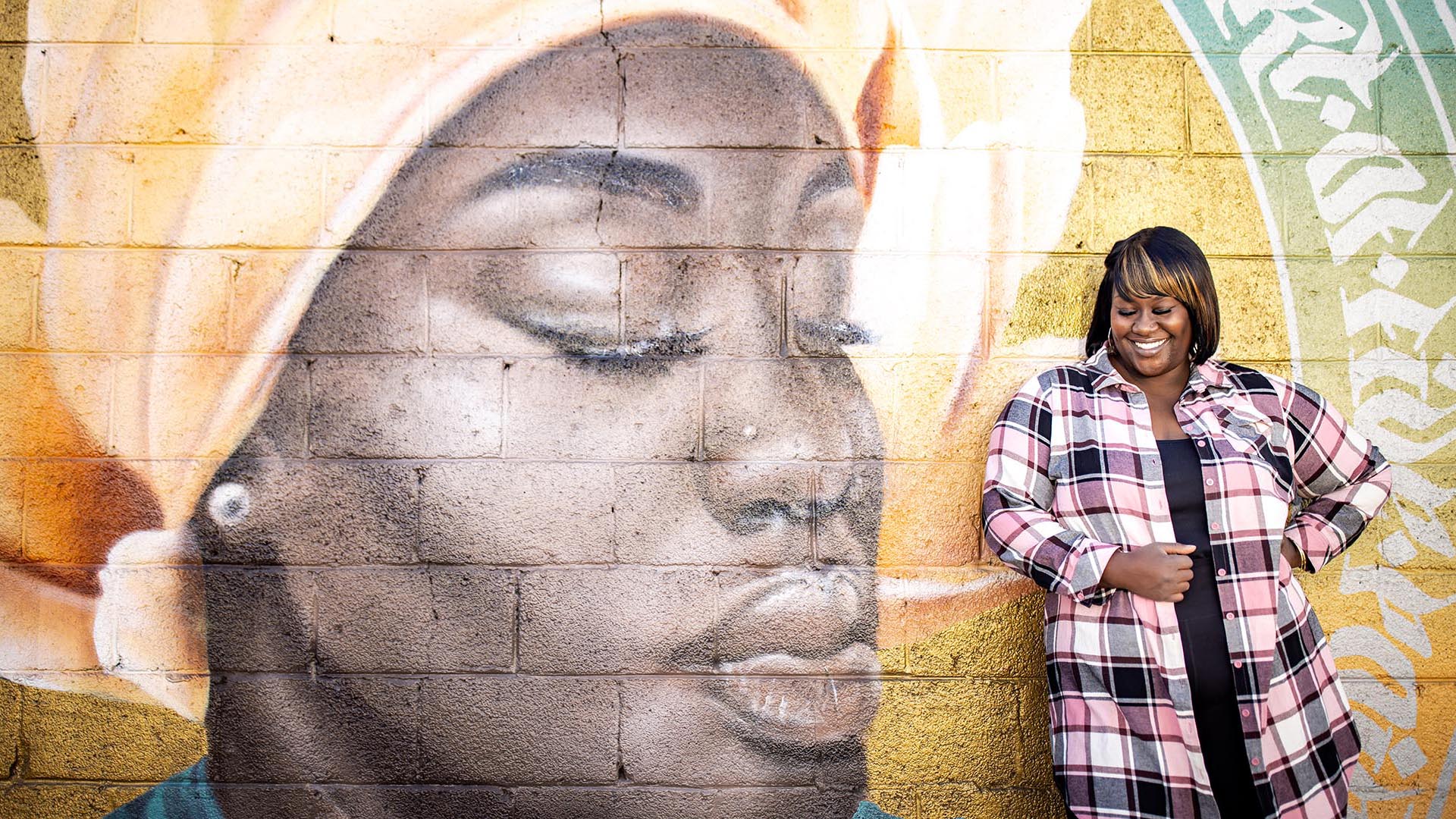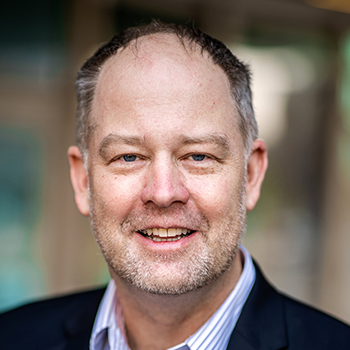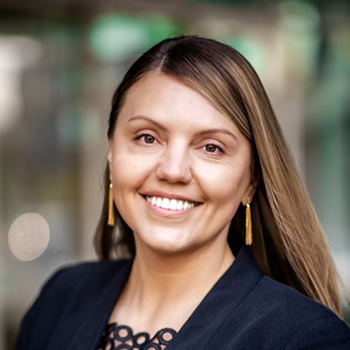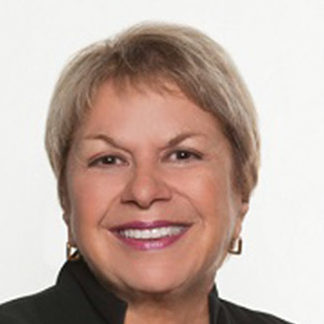They did WHAT on spring break?
These criminology and criminal justice students chose to spend their break in an exotic global locale – studying.

For most college students, school breaks are a welcome reprieve from the full sprint of a long semester – five whole days without classes.
But for students in MSU Denver’s Department of Criminal Justice and Criminology, fall and spring break are actually the best possible times to take a class.
Why? Because you don’t need time away from school, when your class is the thing that takes you away from school.

An example: This spring break, 26 CJC students and three professors ventured to The Hague, Netherlands, as part of a three-credit course. They sat in on classes at partner college, The Hague University of Applied Sciences, and visited international criminal justice sites.
For senior Charleen Strother, who has also been to London on a similar trip, it’s a study abroad experience like no other.
“We have so many opportunities you wouldn’t have as part of a traditional study abroad program,” she says. “Because this is a class, we get into places no one else can. It’s incredible.”
Among those places was the Peace Palace, which houses the United Nations’ International Court of Justice, the Permanent Court of Arbitration and The Hague Academy of International Law. (For those in criminology and criminal justice, these are practically holy sites.) The trip also brought students to police stations and prisons for an inside look at how things are done across the pond.
“The idea is really to broaden students’ views,” said Associate Professor Jennifer Bradford, Ph.D. “It is important to know what criminal justice and criminology looks like in other countries. But it’s also an amazing personal journey.”

The Seoul of Korean criminal justice
Besides the Netherlands, students can sign up for amazing personal journeys to London, or for something a bit farther afield, Seoul, South Korea.
Last fall, a group of students spent 11 days in Seoul, visiting relevant sites like the city’s police headquarters, the National Assembly and the Supreme Court.
Helping guide them through the world’s fifth largest city was Assistant Professor Hyon Namgung, Ph.D. Namgung has personal and professional ties to South Korea. He was born and raised there, and before entering academia, served as a police officer in the country for nearly 16 years.
While he was an officer, Namgung had an opportunity to study in England. He says the experience changed the course of his life, helping him decide to pursue an academic career.
“In foreign countries, most things are different. By just observing the people, transportation, weather, food and other systems, you can learn something new, exciting and interesting,” he said. “Comparing any U.S. system – health, criminal justice, transportation – to that of another country is a great educational experience.”
Drew Stem, a criminal justice minor, expressed a similar sentiment: “It doesn’t take a student or even a criminal justice major to know there are challenges in our justice system. That’s probably why the rehabilitation system in Seoul stood out the most to me. There was no barbwire at the prison; it was more like entering a gated neighborhood.”
Stem also noted that there were various classes in the prison taught by civilians that inmates could choose from to learn and be productive with their time. His favorite was the braille class, in which inmates learned the writing system so they could make and print things like placards for doors and ATM machines.
For Stem, the value of comparison went beyond the justice system, too.
“My end goal is to be a therapist or a clinician,” he said. “I feel like in order to talk to people you need to have experiences so you can try to relate. Going to different countries and learning about people from unique backgrounds and cultures helps me appreciate other perspectives.”

A break from the norm
While plenty of students study abroad in college, short-term, faculty-led experiences are not nearly as common. Programs that focus specifically on criminal justice and criminology are even rarer.
Associate Professor Denise Mowder, Ph.D., who co-led the Netherlands trip, sees these opportunities as especially transformative for MSU Denver students.
“So many of our students are born in Denver and stay here. Every trip, there seems to be at least one person who has never been on a plane. Many have never left the country. These trips expand their vision of the world.”

Strother says the trip to the Netherlands made her reconsider her personal beliefs.
“I come from the Western Slope, which tends to be more conservative and favor a justice system that revolves around punishment of criminals,” she said. “In Europe, they are so much more focused on rehabilitating people. And it really makes you wonder if our system is the most effective way to go.”
It’s reactions like these that have CJC professors continuing to seek out new partnerships across the globe. In fact, enthusiasm from students is so high that the classes often have waiting lists.
And you know you’re doing something right when students choose to take a class, rather than a breather, during spring break.







